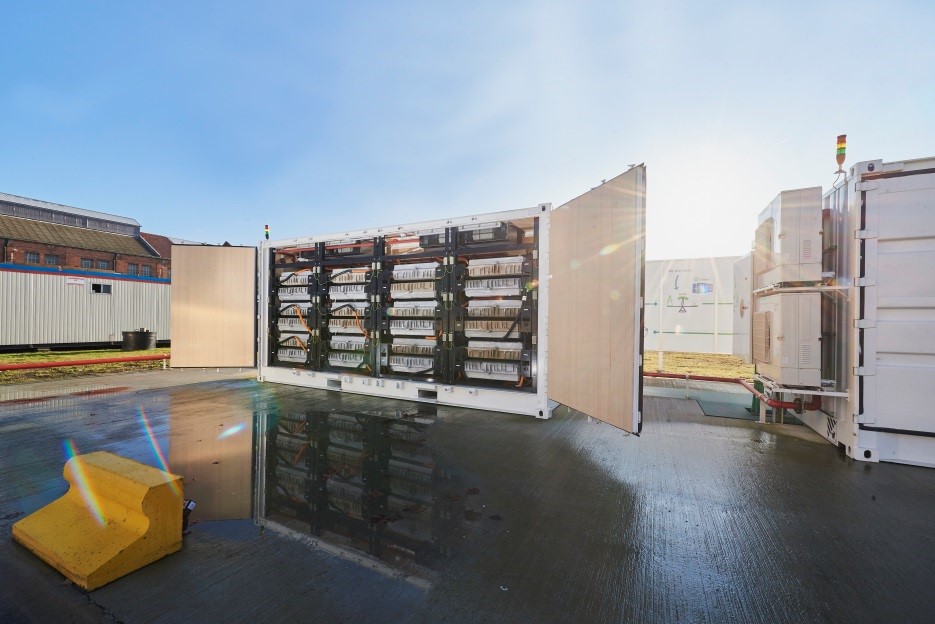
The electric vehicle (EV) batteries that will power global efforts to decarbonise transport contain a range of valuable metals including cobalt, nickel and copper. Safeguarding these resources – and avoiding the unnecessary, carbon-intensive use of virgin materials – is one of the driving factors behind RECOVAS, an industry-leading supply chain collaboration in the UK for re-use, remanufacturing and recycling of end-of-life EV batteries. RECOVAS is part-funded by the UK Government’s Advanced Propulsion Centre.
“Giving a second useful life to an EV battery, or recycling it responsibly, will be vital as we move towards net-zero, however this needs to be done in a way that is safe for our staff and the planet,”
says Helen Waters, Head of Electric Battery Recycling at EMR.
As EMR and its partners (including vehicle manufacturers JLR, Bentley and BMW alongside Connected Energy, Autocraft Solutions Group, the UK Battery Industrialisation Centre, the University of Warwick and the Health and Safety Executive) have continued to develop RECOVAS, it has become clear that recycling EV batteries at scale will require unprecedented standards of health and safety and environmental protection.
“One issue is that processing these batteries can liberate a number of harmful chemicals such as hydrofluoric acid, diethyl carbonate and hexafluorophosphate,” says Helen. “We’re doing the hard work now to ensure that these hazardous chemicals are treated with maximum care.”
For RECOVAS to operate safely, strict limits on exposure to these chemicals must be in place to protect employees from harm, while equipment and systems must be developed to stop this material leaking into the natural world.
“We’re following the latest academic and industry research to make sure we’re ahead of the game when it comes to handling these chemicals safely,”
Helen adds.
EMR has a track record of creating fully-contained processing plants, including the world’s most advanced shredder in Becker, Minnesota, and an innovative, UK fridge recycling facility currently under construction in Birmingham, close to the RECOVAS site. By applying the skills and experience from these projects to the large-scale recycling of EV batteries, EMR and its partners are confident that RECOVAS can once more raise the bar for safe, environmentally-friendly operating practices.
“Birmingham has become one of the most exciting places in the UK for sustainable businesses to settle and grow. EMR and the RECOVAS partners are proud that we are joining this centre of green innovation,” says Helen. “Yet, while developing and rolling out this technology, we must also ensure that we protect the safety of our colleagues, the local community and the region’s biodiversity.”
The researchers and engineers behind RECOVAS have made safety their number one priority as the processing of end-of-life EV batteries reaches commercial scale.